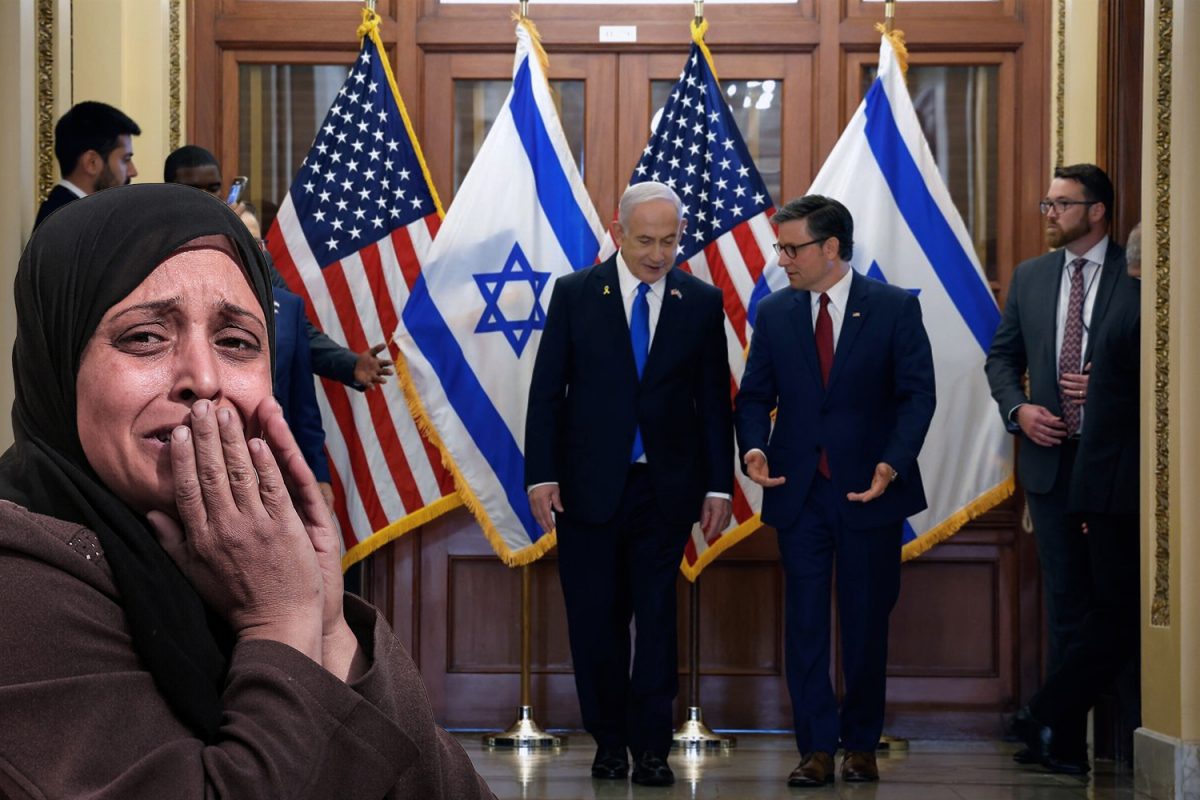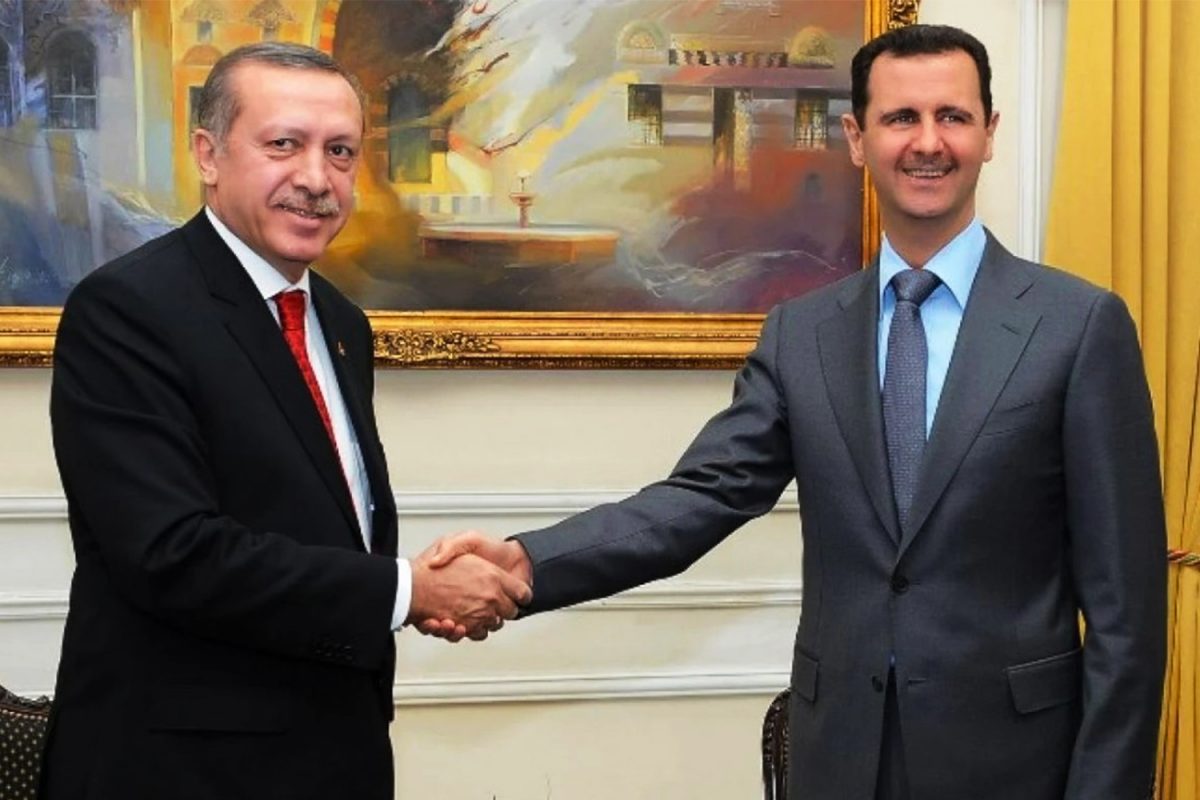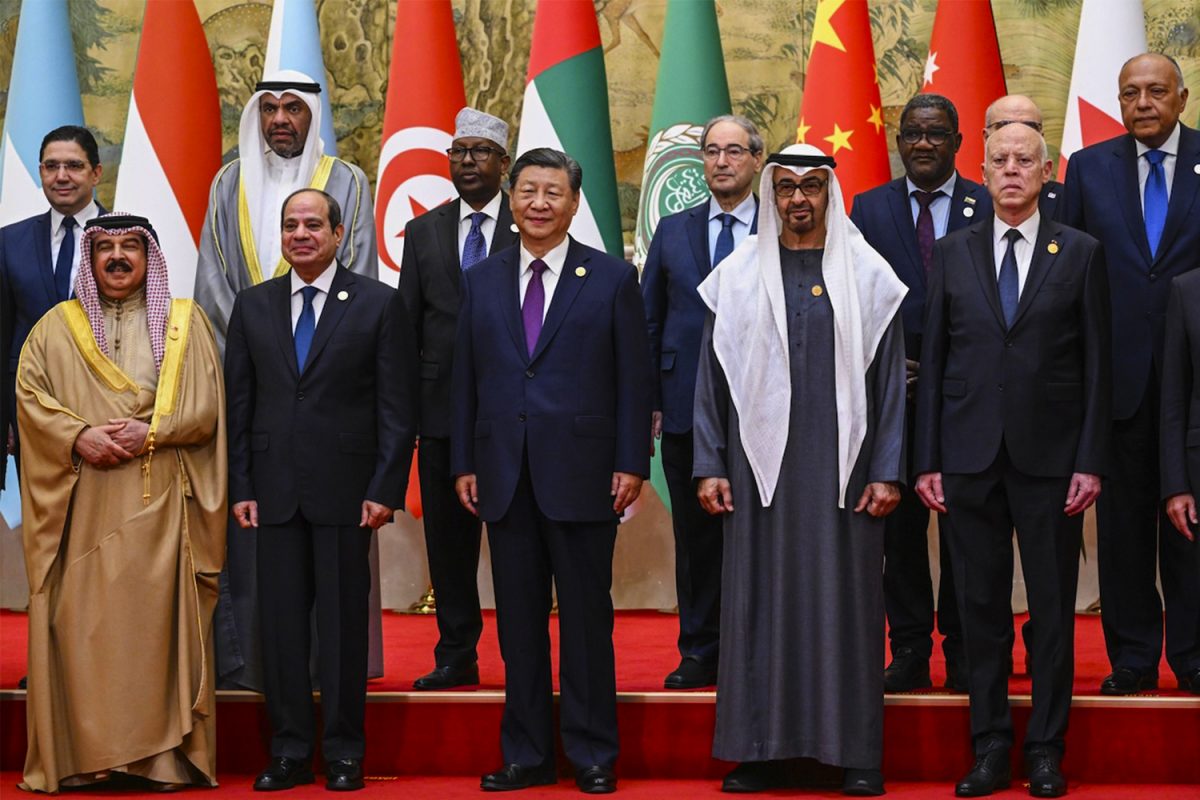Sultan Abdul Hamid II, the late-19th century Ottoman Caliph widely recognised as “The Last Great Caliph” is famous for rejecting the Zionist, Theodor Herzl’s offer to purchase land in Palestine. His response to Herzl of not giving up land his forefathers had spilt blood for, even if he paid all the debts of the Ottomans has gone into folklore amongst Muslims ever since. The successor to the Ottomans – the Turkish Republic, has had a rocky relationship with the Zionist creation in the Middle East, but this has not stopped economic, strategic and military cooperation between the two nations.
Israel upon its creation was surrounded by enemies and quickly established the periphery doctrine which aimed to developed relations with Muslim nations beyond the Arab world. Turkey, Iran and Ethiopia were seen as key nations that could give Israel legitimacy if they were open to relations. Turkey became the first Muslim country to recognise Israel when it agreed to exchange diplomatic missions with it in 1949. Both nations became key players in America’s containment strategy against the spread of communism.
- 1951: Turkey protested Cairo’s decision to deny Israeli ships passage through the Suez Canal.
- 1954: the then Turkish PM Adnan Menderes called on Arab states to recognise Israel.
- 1957: the two countries established secret intelligence and security relations in response to Soviet military ventures in the Middle East.
David Ben-Gurion met secretly with the Turkish Prime Minister and formed the Peripheral Pact; an anti-Soviet alliance focussing on secret military and intelligence cooperation. But despite such close relations both nations having regional ambitions also had various moments of tensions:
- 1956: Turkey downgraded its diplomatic mission in protest of the Suez Canal war and Israel’s participation in the British-French invasion
- 1980: Protest against a Knesset vote to annex the Golan Heights
- 1975: Turkey voted in favor of UN Resolution 3379 that equated Zionism with racism
- 1979: Turkey allowed the Palestine Liberation Organisation (PLO) to open an office in Ankara.
Despite these momentary differences, the 1990s witnessed blossoming relations between two states subsequent to the signing of the Oslo Accords. This lasted a decade and saw improved ties in fields such as tourism, security and technology. President Erbakan’s short era saw relations strengthen as he agreed to allow Israeli air force pilots to train in Turkish airspace.
Their relationship began to change in 2003 when Erdoğan became Prime Minister. The following decade witnessed the following events:
- 2004: Erdoğan described the assassination of Hamas leader Sheikh Ahmed Yassin as state terrorism
- 2008: Erdogan walked out of a World Economic Forum (WEF) summit in Davos to protest against Operation Cast Lead
- 2009: Erdoğan blocked the Israeli air force from participating in the Anatolian Eagle exercises because of their offensive in Gaza that year, which led to the cancellation of the drills.
The biggest cause of tension however was the Gaza flotilla raid of 2010, when Israeli commandos killed ten Turkish activists aboard the Mavi Marmara as the ship tried to deliver aid to Gaza. The Turkish government response did not exceed the expelling of ambassadors, despite all the rhetoric. From 2010 the two nations continued to cooperate on a range of fronts:
- 2012: Israel repaired five unmanned aerial vehicles and returned them to Turkey
- 2012: Erdoğan dispatched a high-level representative to meet with officials, including Prime Minister Benjamin Netanyahu, in an effort to revive diplomatic relations
- 2013: the US brought its two allies even closer, culminating in the delivery of airborne electronic systems by Israel to the Turkish air force as an attempt to make amends for the flotilla affair.
- 2016: Barack Obama helped broker a rapprochement as the two states restored diplomatic relations and returned their ambassadors to their posts.
Despite Erdoğan’s Islamic rhetoric, especially when atrocities are committed by Israel, Erdoğan much like his predecessors threatened repercussions which in all cases is merely recalling ambassadors and reducing diplomatic missions.
The two countries continue to share economic interests that have always risen above their political disagreements with the value of their trade having increased from $4.7 billion in 2015 to $6.1 billion in 2019. The two states also enjoy continued cooperation on security matters. Although Erdoğan was highly critical of the recent peace agreement between ‘Israel’ and the UAE he’s unlikely to make any retaliatory moves, given Turkey enjoys normalised relations with the Zionist state for over 70 years. Namik Tan, a former Turkish ambassador to the US commented in relation to Erdoğan’s rebuke of Morocco’s decision to open its airspace to civilian flights to Israel: “Turkey’s own flag carrier, Turkish airlines, makes 14 flights a day to Israel”. The statements are “nothing less than laughable,” the former envoy said. Al Montior outlined: “Today, Turkey’s sole gateway to the Middle East is through the port of Haifa, Explaining this: “He was alluding to trade between the two countries, which paradoxically has continued to expand even after Turkey asked Israel’s ambassador to leave Ankara in 2018 over further carnage in Gaza and something President Donald Trump did — that is, move the US Embassy to Jerusalem.”
Despite Erdoğan’s Islamic rhetoric, especially when atrocities are committed by Israel, Erdoğan much like his predecessors threatened repercussions which in all cases is merely recalling ambassadors and reducing diplomatic missions.
The relations between the two nations have been defined by their national interests from the very beginning, despite periods of tensions. Turkey needs economic partners and access to military technology which Israel has been more than willing to provide. From the Israeli perspective normalising relations with a large Muslim nation was always critical, but even beyond this both nations share enemies. Both nations see Iran as a threat in the region, much the same way they saw communism in the Middle East and that has driven them to cooperate with each other. Necmettin Erbakan’s ascension to the role of prime minister in the 1990s, saw Shimon Peres say, “Governments may change, but basic interests remain.” These two nations don’t agree on everything, but what they have in common exceeds what separates them. The Palestinian people unfortunately have been used by successive Turkish governments as a means to an end, not an end in itself.




